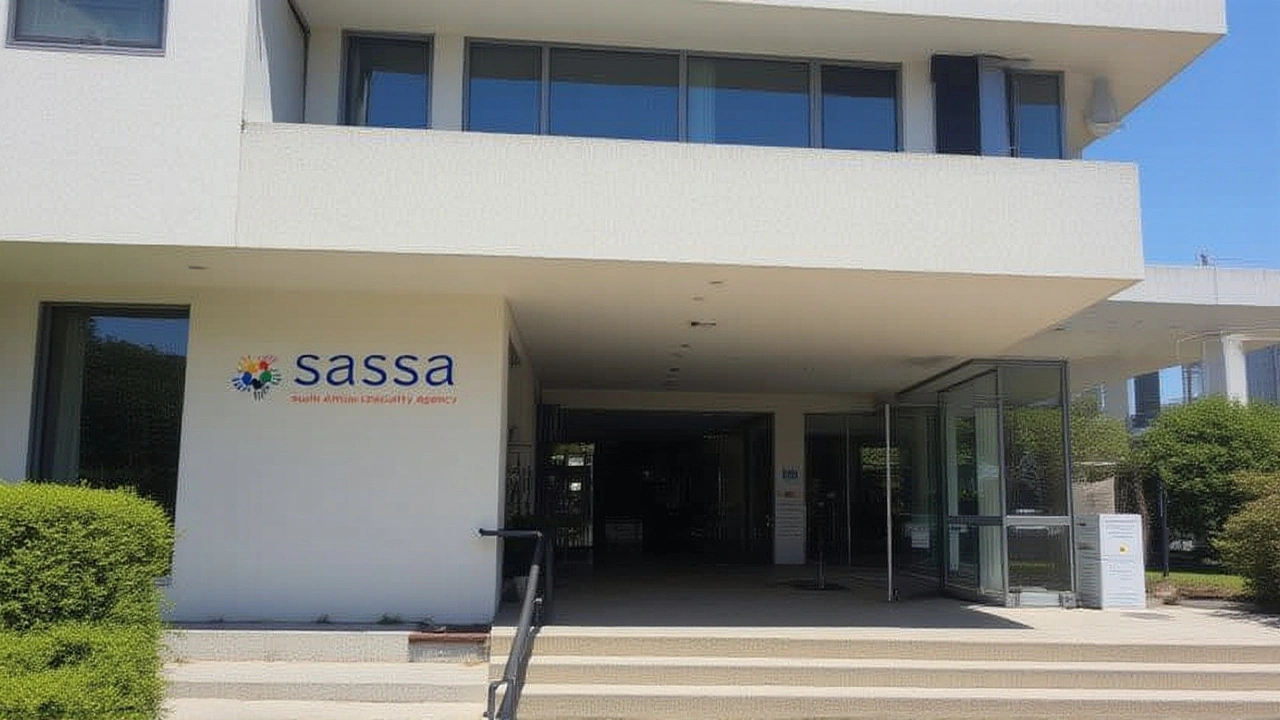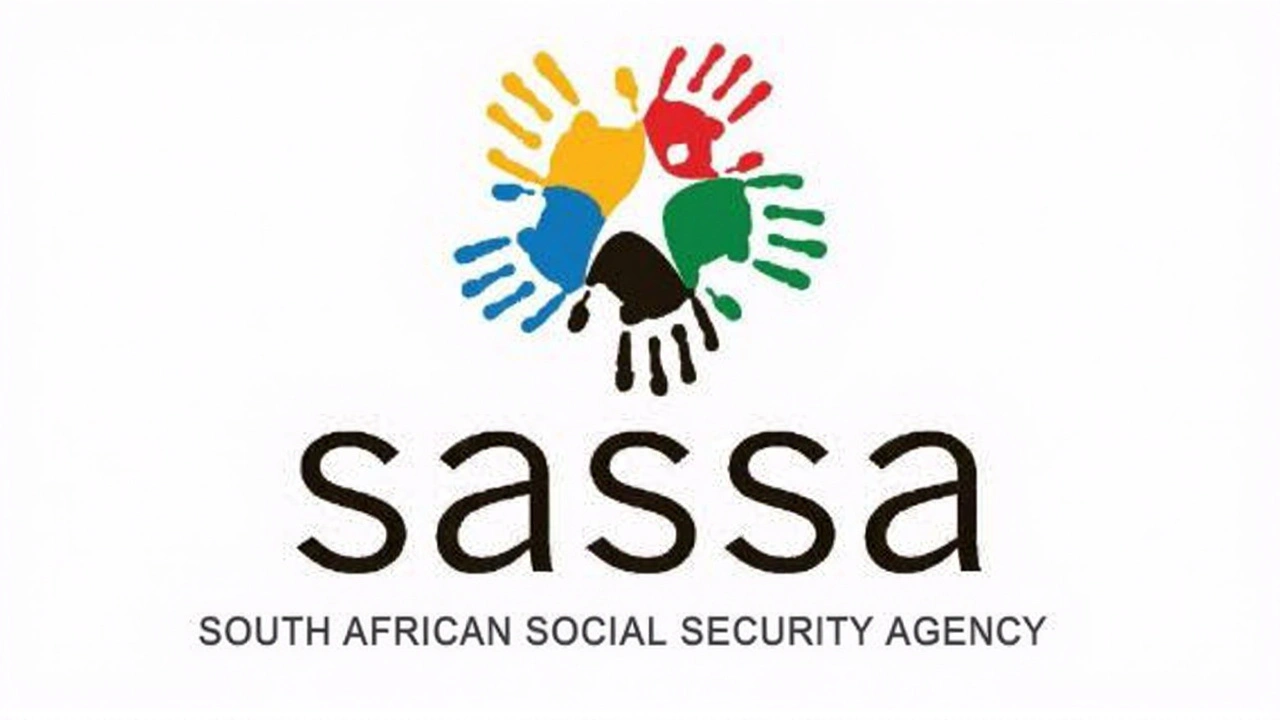SASSA News & Updates
If you rely on a government grant or you know someone who does, you’ve probably heard the name SASSA tossed around a lot. It stands for the South African Social Security Agency, the body that hands out pensions, child support grants, disability benefits and a few other forms of help. This page pulls together the most useful info you need right now – from how the grants work to the newest policy tweaks that could affect your payments.
How SASSA Grants Work
First things first: SASSA isn’t a bank, it’s an administrator. The money comes from the national treasury, and SASSA makes sure it reaches the right people every month. To qualify, you must meet a set of criteria that differ for each grant. For example, the old age pension requires you to be 60 years old (or 55 for women) and to have lived in South Africa for at least 10 years. The child support grant, on the other hand, looks at the child’s age (under 18) and the caregiver’s income level.
Applying is fairly straightforward. You can walk into a SASSA office, fill out a short form, and hand over proof of identity, residence and income. In many provinces, you can also start the process online through the official SASSA portal. After the application is submitted, a case officer will verify the details – this can take a few weeks, so keep a copy of the receipt and follow up if you don’t hear back.
Once approved, you’ll receive a payment card that works like a debit card. The funds are loaded automatically on the payment date, usually the 7th of each month. You can withdraw cash at any participating ATM, pay bills online, or even shop at stores that accept the card.
Recent Changes You Should Know
In the past year SASSA rolled out a few changes that matter to claimants. The most talked‑about is the increase in the old age pension from R1,980 to R2,050, a modest bump meant to keep up with inflation. There’s also a new mobile app that lets you check your balance, view transaction history and get instant notifications when the money is loaded.
Another update is the tightening of the fraud detection process. SASSA now cross‑checks applications against the national ID database more rigorously. This is good news for honest claimants because it reduces the chances of scammers stealing funds, but it also means you might be asked for extra documentation if something looks off.
If you’re a caregiver receiving a child support grant, keep an eye on the monthly income threshold. Last quarter SASSA lowered the ceiling from R1,500 to R1,400 for households with two or more children. That shift could push some families out of eligibility, so it’s worth re‑checking your status if your income changed recently.
Finally, the payment dates have been tweaked for some regions to avoid clashes with public holidays. In Gauteng, for example, the payout moved from the 7th to the 8th when the 7th falls on a weekend. Always check the latest schedule on the SASSA website so you don’t miss a credit.
Keeping up with SASSA news can feel like a full‑time job, but you don’t have to go it alone. Community groups, local NGOs and even some radio stations run regular bulletin segments that break down the latest updates in plain language. Subscribe to a trusted source and bookmark the official SASSA page – those two steps will save you a lot of hassle.
Bottom line: know the grant you’re after, stay on top of the paperwork, and watch for any policy shifts that could change your payout. With the right info, you can make sure the assistance you rely on arrives on time, every time.

